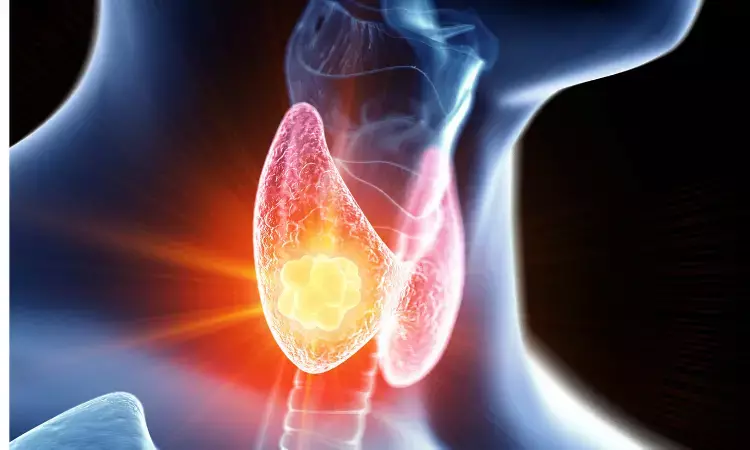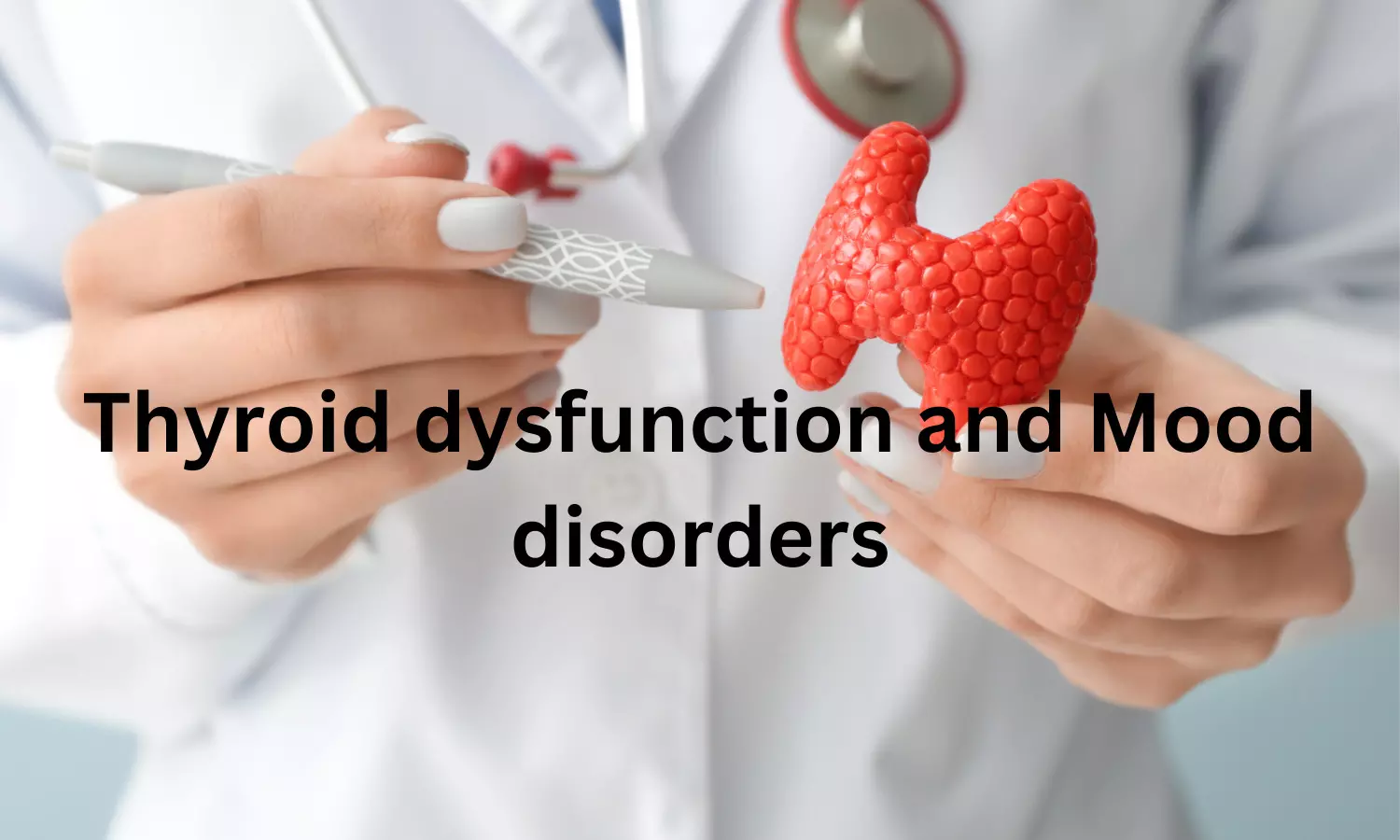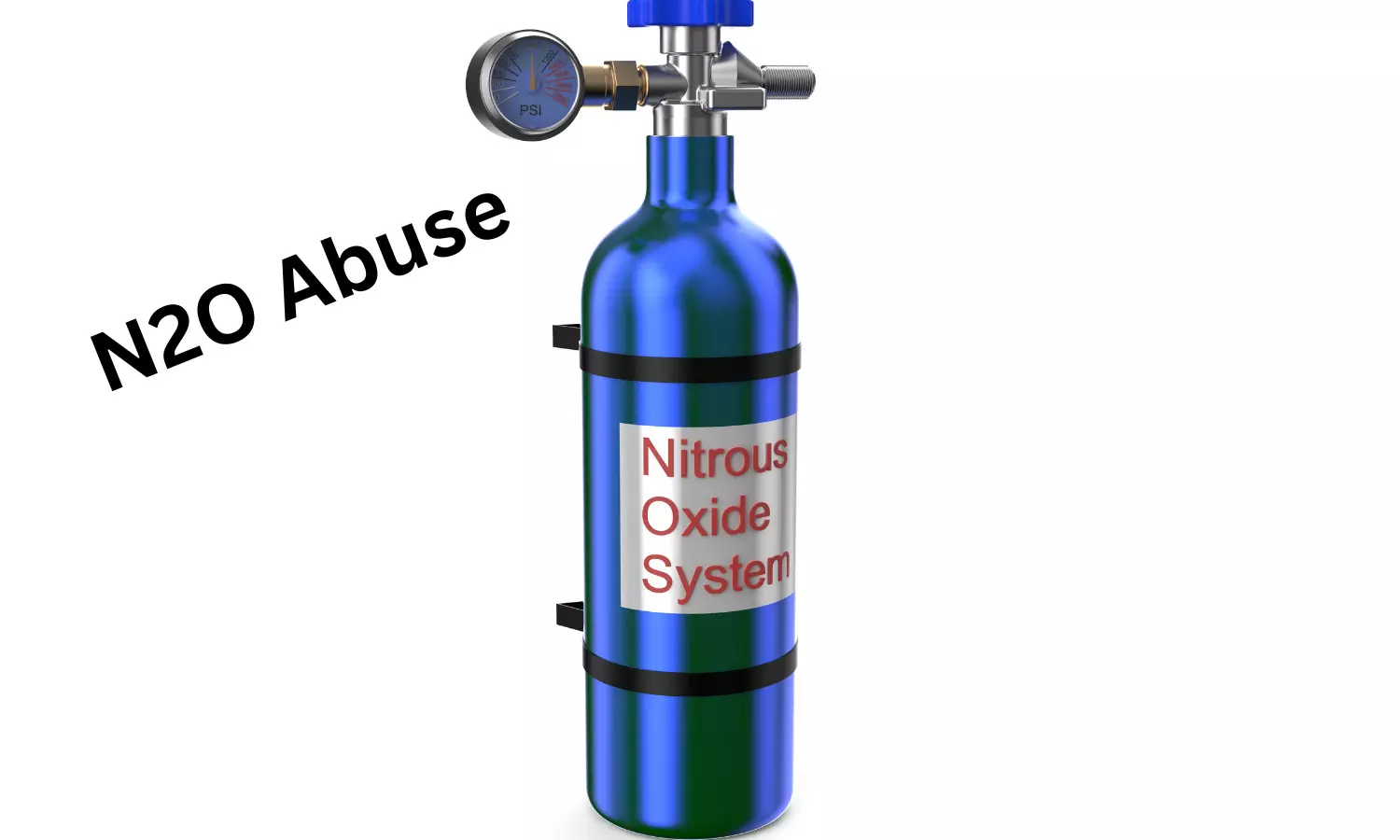- Home
- Medical news & Guidelines
- Anesthesiology
- Cardiology and CTVS
- Critical Care
- Dentistry
- Dermatology
- Diabetes and Endocrinology
- ENT
- Gastroenterology
- Medicine
- Nephrology
- Neurology
- Obstretics-Gynaecology
- Oncology
- Ophthalmology
- Orthopaedics
- Pediatrics-Neonatology
- Psychiatry
- Pulmonology
- Radiology
- Surgery
- Urology
- Laboratory Medicine
- Diet
- Nursing
- Paramedical
- Physiotherapy
- Health news
- Fact Check
- Bone Health Fact Check
- Brain Health Fact Check
- Cancer Related Fact Check
- Child Care Fact Check
- Dental and oral health fact check
- Diabetes and metabolic health fact check
- Diet and Nutrition Fact Check
- Eye and ENT Care Fact Check
- Fitness fact check
- Gut health fact check
- Heart health fact check
- Kidney health fact check
- Medical education fact check
- Men's health fact check
- Respiratory fact check
- Skin and hair care fact check
- Vaccine and Immunization fact check
- Women's health fact check
- AYUSH
- State News
- Andaman and Nicobar Islands
- Andhra Pradesh
- Arunachal Pradesh
- Assam
- Bihar
- Chandigarh
- Chattisgarh
- Dadra and Nagar Haveli
- Daman and Diu
- Delhi
- Goa
- Gujarat
- Haryana
- Himachal Pradesh
- Jammu & Kashmir
- Jharkhand
- Karnataka
- Kerala
- Ladakh
- Lakshadweep
- Madhya Pradesh
- Maharashtra
- Manipur
- Meghalaya
- Mizoram
- Nagaland
- Odisha
- Puducherry
- Punjab
- Rajasthan
- Sikkim
- Tamil Nadu
- Telangana
- Tripura
- Uttar Pradesh
- Uttrakhand
- West Bengal
- Medical Education
- Industry
Endogenous or exogenous thyrotoxicosis associated with higher risk of incident cognitive disorder

A groundbreaking cohort study conducted by researchers at the Johns Hopkins Community Physicians Network has uncovered a significant association between thyroid hormone imbalances, also known as thyrotoxicosis, and the risk of cognitive disorders in older adults. The study found that both endogenous and exogenous thyrotoxicosis are associated with a higher risk of cognitive disorders, particularly in patients aged 65 and older.
The study results were published in the journal JAMA Internal Medicine.
Thyroid hormone medications are among the most commonly prescribed drugs, with millions of patients relying on them to manage various thyroid conditions. Past research revealed that endogenous hyperthyroidism is a risk factor for dementia. Hence, researchers from the Johns Hopkins Community Physicians Network conducted a cohort study to understand whether thyrotoxicosis, both endogenous and exogenous, is associated with increased risk of cognitive disorders and raised important questions about the potential consequences of overtreating these conditions, particularly in individuals aged 65 and older.
The study involved a comprehensive analysis of electronic health records for 65,931 patients aged 65 and older, each of whom had at least two visits to their primary care physician with a 30-day gap. None of these patients had a history of low thyrotropin (TSH) levels or cognitive disorders diagnosed within six months of their initial visit, ensuring a clean slate for the investigation.
The exposure variable of interest in this study was a low TSH level, a biomarker for thyroid function. Researchers categorized low TSH levels based on their cause, which could be attributed to either endogenous thyrotoxicosis (resulting from the thyroid gland itself), exogenous thyrotoxicosis (caused by external factors, such as medication), or of unknown origin. Cases of low TSH linked to acute illness or other medical factors were excluded from the analysis.
The primary outcome measure was the incidence of cognitive disorders, encompassing both mild cognitive impairment and all-cause dementia. This inclusive approach aimed to account for the potential underdiagnosis of dementia in primary care settings.
Key findings:
- Patients exposed to thyrotoxicosis were shown to have a significantly higher incidence of cognitive disorders compared to those who were not exposed.
- By the age of 75, 11.0% of patients exposed to thyrotoxicosis were diagnosed with cognitive disorders, in contrast to 6.4% of those not exposed.
- Moreover, the study's results indicated a robust association between all-cause thyrotoxicosis and the risk of cognitive disorder diagnosis, even after adjusting for various confounding factors. The adjusted hazard ratio was 1.39.
- This heightened risk persisted when considering the causes and severity of thyrotoxicosis.
- Notably, exogenous thyrotoxicosis, often resulting from external factors like medication, remained a significant risk factor with an adjusted hazard ratio of 1.34.
- Furthermore, the point estimates in the study hinted at a possible dose-response relationship, indicating that higher levels of thyrotoxicosis might be associated with an even greater risk of cognitive disorders.
Thus, the study underscores the importance of closely monitoring thyroid hormone levels in older patients, as well as the need to minimize the risk of cognitive disorders associated with thyrotoxicosis. It serves as a wake-up call for healthcare providers to consider the potential risks and benefits of thyroid hormone therapy more carefully, and to avoid overtreatment, especially in light of the prevalence of thyroid hormone prescriptions in the United States.
Further reading: Adams R, Oh ES, Yasar S, Lyketsos CG, Mammen JS. Endogenous and Exogenous Thyrotoxicosis and Risk of Incident Cognitive Disorders in Older Adults. JAMA Intern Med. Published online October 23, 2023. doi:10.1001/jamainternmed.2023.5619
BDS, MDS
Dr.Niharika Harsha B (BDS,MDS) completed her BDS from Govt Dental College, Hyderabad and MDS from Dr.NTR University of health sciences(Now Kaloji Rao University). She has 4 years of private dental practice and worked for 2 years as Consultant Oral Radiologist at a Dental Imaging Centre in Hyderabad. She worked as Research Assistant and scientific writer in the development of Oral Anti cancer screening device with her seniors. She has a deep intriguing wish in writing highly engaging, captivating and informative medical content for a wider audience. She can be contacted at editorial@medicaldialogues.in.
Dr Kamal Kant Kohli-MBBS, DTCD- a chest specialist with more than 30 years of practice and a flair for writing clinical articles, Dr Kamal Kant Kohli joined Medical Dialogues as a Chief Editor of Medical News. Besides writing articles, as an editor, he proofreads and verifies all the medical content published on Medical Dialogues including those coming from journals, studies,medical conferences,guidelines etc. Email: drkohli@medicaldialogues.in. Contact no. 011-43720751




